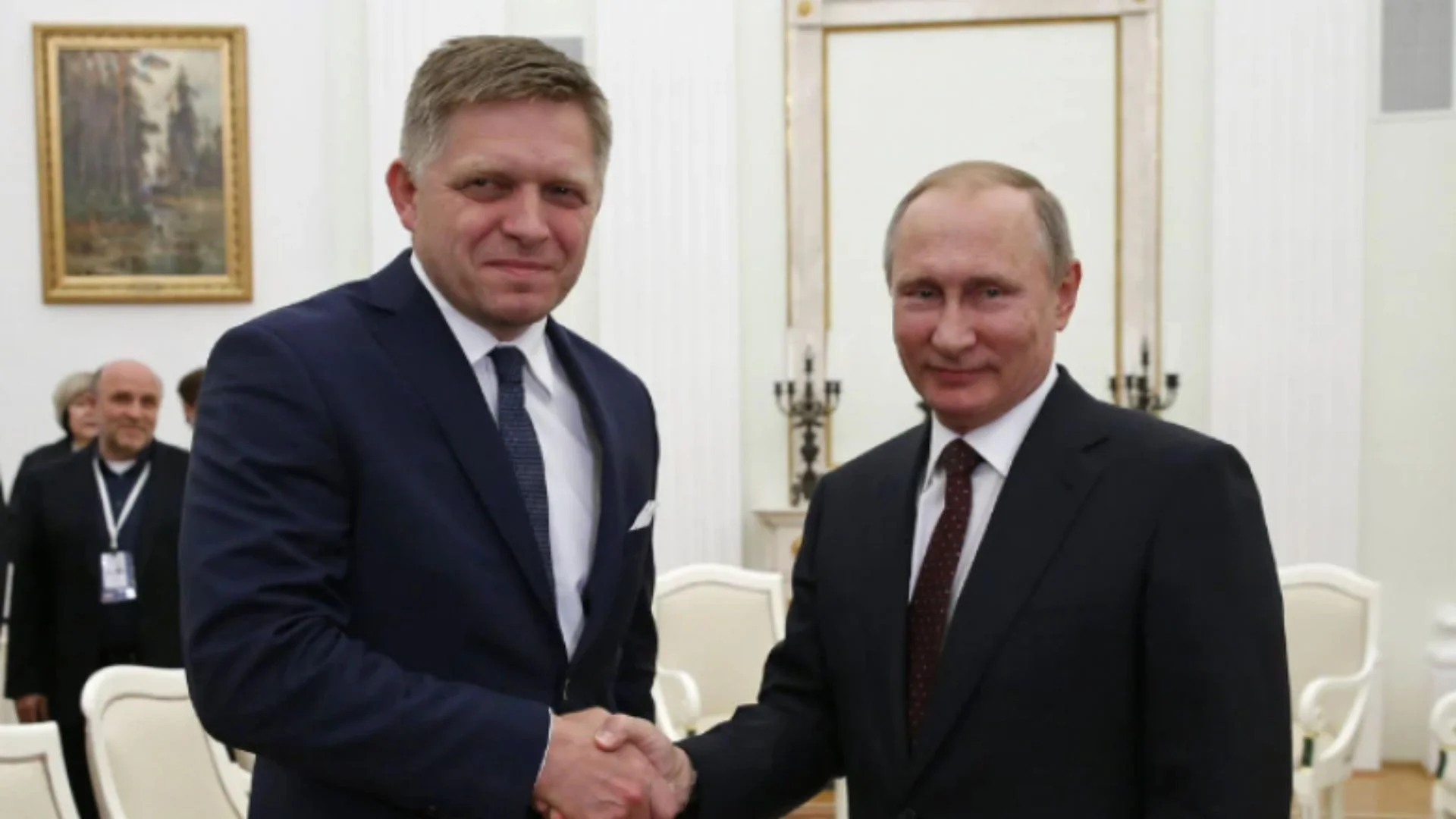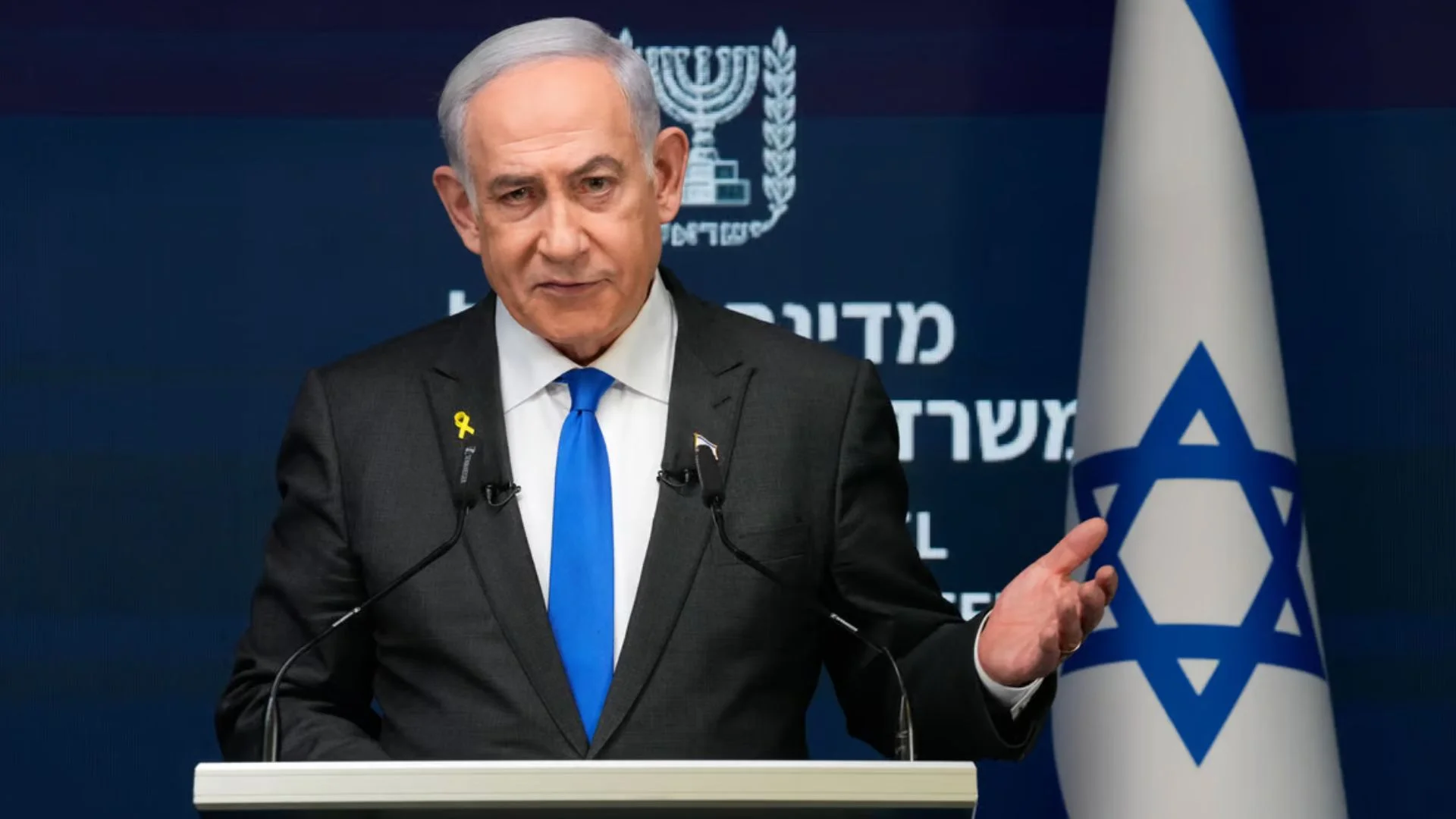Covid-19 is not the first and won’t be the last virus to infect human beings. But what is novel about this coronavirus is the speed with which it has infected the whole world, and the way it has become an issue of geopolitics, an issue of allegations and counter-allegations among great powers. The way Covid-19 has impacted the world politics, no other virus in human history has done so. It is shaping the emerging global order in significant ways.
There is no doubt that post-corona world will be a different world. Everything related to coronavirus, from its origin to its naming and to its rapid spread, is controversial.
Various conspiracy theories abound the international community regarding its origin. Conspiracy theorists accuse that it is a laboratory-made virus, which was released either accidentally or deliberately. While one group of conspiracy theorists accuses China, the other blames the US.
However, a large number of virologists rubbish conspiracy theories and are of the opinion that it is a natural virus, which has mutated from SARS virus. US President Donald Trump called it “China Virus” and his Secretary of State Mike Pompeo termed it “Wuhan Virus”, since it originated in Chinese city Wuhan.
Many believe that coronavirus was created in the Wuhan Institute of Virology and was released accidentally. Trump accused China of a cover-up and has ordered an inquiry to find out the truth. China has vehemently denied its role in the origin of coronavirus. China affirmed that Covid-19 was only discovered first in Wuhan but it has originated somewhere else. China alleged that virus originated in the US and was brought to Wuhan by US soldiers who participated in Wuhan Military World Games held in October 2019. China opposed the naming of virus after a country or city, simply because it was first discovered there.
The Covid-19 pandemic is a truly global crisis. There is hardly any country in the world which has not been impacted. A globalised, borderless, interconnected world with fast means of transportation has facilitated the rapid spread of virus from Wuhan in China to all part of the world. Its spread was so fast that it gave no time to the international community to strategise its response despite significant advances in the field of medical sciences.
In absence of globalisation and fast transportation, probably coronavirus still would have remained confined to China. The international community responded to Covid-19 threat by turning inward, closing the borders, suspending all the flights and
eventually locking down the whole country. All of a sudden, the globalised world became an isolationist world.
Instead of interdependency, all nations are clamouring for self-sufficiency. Comparative advantage has been upstaged by the geopolitical advantage. Market has been trumped by the state, heralding the end of globalisation and revival of protectionism and nationalism.
A world order is determined on the basis of distribution of power among great powers of the world. After every major global crisis, this distribution of power in the international system undergoes a change, leading to the rise and fall of great powers. It happened after the Thirty Years War in 1648, after Napoleonic Wars in 1815, and after World War II in 1945, when Great Britain and European powers were eclipsed by the emergence of the US and the erstwhile Soviet Union as two superpowers, ushering an era of bipolar Cold War world.
Contemporary unipolar world order emerged in the wake of collapse of the Soviet Union in 1991. Now this unipolar world order is threatened by the rise of China. Current Covid-19 global pandemic is threatening the existing world order. It is still early to predict contour of post-coronavirus world order, but some early signs are visible on the global horizon. China will occupy center stage in the post-corona world. China can be gainer and loser as well, depending on how it navigates post-Covid world.
Some strategic analysts argue that the future world will be a China-centric
world. American century is over and Pax-Americana has become history. Trump’s mismanagement of Covid-19 pandemic has eroded global image of the US. On the other hand, China after bungling in the initial stages of pandemic, managed it satisfactorily and now helping the world with its medical supplies. Asian countries have done much better in managing Covid-19 pandemic than Europe and America. This is further proof of shift of power from the West to the East and from Europe and America to Asia.
However, China might turn out to be loser in the post- coronavirus world as majority of the great powers seem to be uniting against China. The pandemic has exposed
the vulnerability of the world and its dependence on China for the supply of life-saving medical equipment and other essential commodities. Almost the whole world is dependent on China for the supply of masks, PPE, testing kits and other medical equipments.
Even India, the pharmacy of the world, is dependent on China forits Active Pharmaceutical Ingredients (API) to manufacture cheap generic drugs. The Indian pharmaceutical industry procures more than 70% of its API from China. If China stops supply of API, India’s pharma industry will collapse. Forget about global supply, India will not be able to meet its domestic need. This is true with many
other industries too. China’s domination of global supply chain is so overwhelming
that almost all major powers and MNCs want to reduce dependency on China. After
breaking coronavirus chain, all major countries are going to break this China-dominated global supply chain.
Japan already has announced $2.2 billion stimulus package for Japanese companies to relocate their manufacturing units out of China. Other countries are also expected to announce this kind of package to encourage their companies to relocate their manufacturing units out of China to break Chinese monopoly over global supply chain.
India is in the forefront of strategising regional and global response to Covid-19. Prime Minister Narendra Modi took proactive initiative in convening the virtual meeting of SAARC leaders and then persuaded G-20 chairperson Saudi Arabia
to convene virtual meeting of G-20 to prepare roadmap against the pandemic. In the larger interests of the international community, India also agreed to lift ban on the export of Hydroxychloroquine within couple of days to meet global demand
for the medicine.
India is constantly in touch with regional and global leaders to devise regional and global strategy to fight against coronavirus. India’s role and leadership have been appreciated by regional and global leaders. Institutions of global governance such as WHO and UN Security Council have failed in leading the world in its fight against Covid-19 and have lost credibility.
The US and China, the two most powerful economic and military powers, are involved in allegations and counter-allegations against each other and are not in a position to provide global leadership. In this global geopolitical scenario, India can play critical role in coordinating global efforts to fight Covid-19.
The writer is professor, Department of Political Science, Banaras Hindu University,







